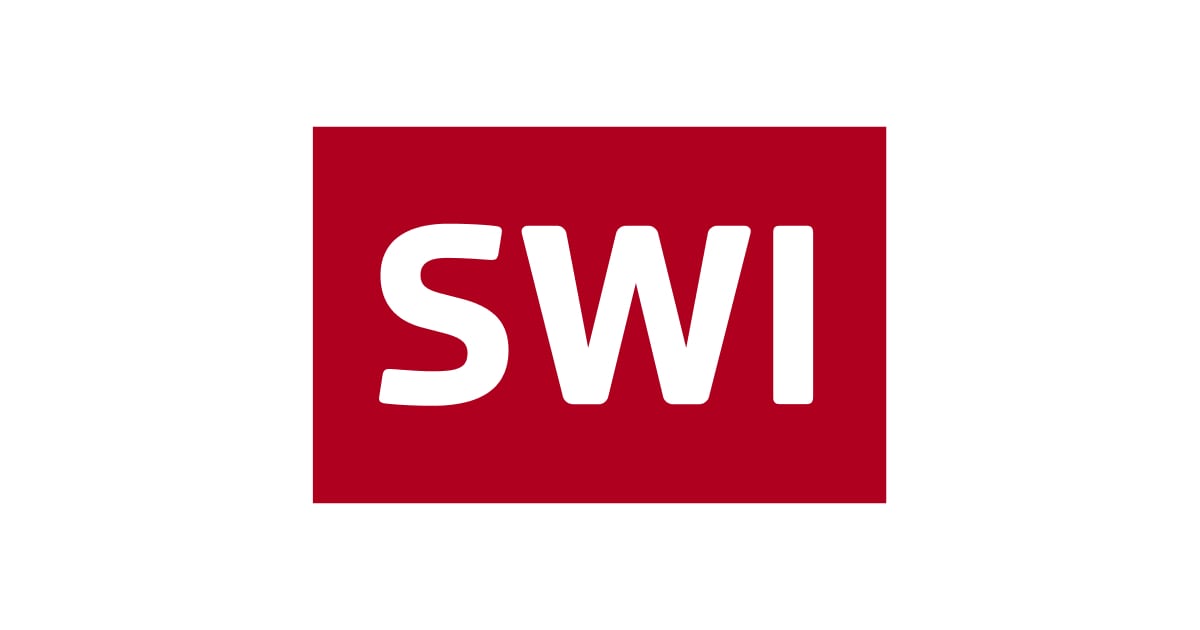
Retailers move into the mobile-phone market

Price analyst Ralf Beyeler tells swissinfo that the arrival of Switzerland's two biggest retailers on the mobile-phone market will not drive down call rates.
Migros and Coop began offering competing pre-paid mobile-phone packages on Tuesday in a bid to lure more business to their stores.
The Swiss mobile phone market has until now been dominated by three operators: Swisscom, majority-owned by the Swiss government; Orange, a subsidiary of France Telecom; and Sunrise, whose main shareholder is Tele Denmark.
Migros has teamed up with Swisscom, while Coop has chosen Orange as its partner for their pre-paid mobile phone services.
Beyeler analyses telecommunications costs for the price comparison website comparis.ch.
swissinfo: Is it good news to see Migros and Coop on the mobile phone market?
Ralf Beyeler: It’s a good thing, especially for people who don’t use their mobile phone very often. This is a product that is right for them since it allows them to make cheaper calls than before.
swissinfo: How do these differ from other pre-paid packages?
R.B.: Coop’s package is very much like what was on the market before, with all the features you find with other pre-paid offers. It’s just half the price of what people are used to paying. The Migros package has fewer features since you can only call and send short messages. You can’t send photos or videos and you don’t have an answering service.
swissinfo: Can we expect a price war to break out between Migros and Coop? Migros immediately dropped its rate below Coop’s once it found out its competitor’s pricing strategy on Monday.
R.B.: I don’t think so. In the medium term, the rates will settle at around the same level. Coop is SFr0.02 more expensive, but it also offers more services. Its biggest advantage is that you can keep an old mobile number. With Migros, you have to have a new number, which I think is a handicap. A lot of people will prefer to pay a little extra and have the convenience of their old number.
swissinfo: How unusual is it for distributors like Migros and Coop to move into the communications market?
R.B.: It’s obviously the first time this has happened in Switzerland, but if you look over the border, you see that it has been a fact of life for quite a while. easyJet has been selling its easyMobile services, the German coffee distributor Tchibo has a phone offer, and there are plenty of other companies that want to get in on the act.
Big retailers like Migros and Coop have an advantage when they enter the market since they are already present all over the country and have over two million customers every week for their other products. Mobile phone sellers have to attract clients to their stores.
swissinfo: But what do Migros and Coop have to gain from selling mobile phone services?
R.B.: It adds to their selection of products and reinforces the connection with their customers. You use the phone outside the store, but because you are using their product, you think of Migros or Coop. When your phone credit runs out, you have to go back to the store to get a new pre-paid card, so it’s quite likely you will buy something else.
I don’t think Migros or Coop will make much from mobile phone services. It’s more of a way of getting customers into their stores and not a cash cow.
swissinfo: Will the cheaper rates from Coop and Migros influence the bigger operators on the market?
R.B.: They can probably only influence Sunrise since its customers are the ones who react most to price variations. Swisscom and Orange clients are more interested in the services they can get, customer care and network quality rather than price. Orange’s rates have been up until now SFr0.20 more per minute than Sunrise’s.
swissinfo: Can mobile phone users in Switzerland expect to see prices drop?
R.B.: Compared with the rest of Europe, Swiss consumers pay too much. In Germany, you can make calls for €0.19 per minute. In Austria, it’s even less, around €0.09.
Consumers can force prices down simply by switching back to normal telephones. If users stop calling mobile numbers and using mobile phones themselves, it will put pressure on providers who will be forced to drop their rates if they want to sell their services.
In the past few years, people have relied more and more on mobile phones, so there has been no pressure to drop prices. Consumers were prepared to pay high rates for the convenience of a mobile connection.
swissinfo: Are the Swiss addicted to their mobile phones?
R.B.: I don’t think so. If you look at Italy, where mobile rates are much lower, people use their phone much more everywhere. So I don’t think you can say the Swiss are addicted.
But if you want rates to drop, you have to cut down on mobile use.
swissinfo-interview: Scott Capper
Customers will pay SFr0.44 per minute if they use Migros’ M-Budget pre-paid mobile phone service, and SFr0.10 per SMS.
Clients will pay SFr0.46 per minute for Coop’s pre-paid mobile service, but SMS’ will not cost more than Migros’.
M-Budget Mobile does not provide MMS or answering services, unlike CoopMobile, and customers cannot retain their old mobile number.
Until now, the cheapest pre-paid calling rates were supplied by Yallo, a subsidiary of sunrise, at SFr0.48 per minute.

In compliance with the JTI standards
More: SWI swissinfo.ch certified by the Journalism Trust Initiative




































You can find an overview of ongoing debates with our journalists here . Please join us!
If you want to start a conversation about a topic raised in this article or want to report factual errors, email us at english@swissinfo.ch.